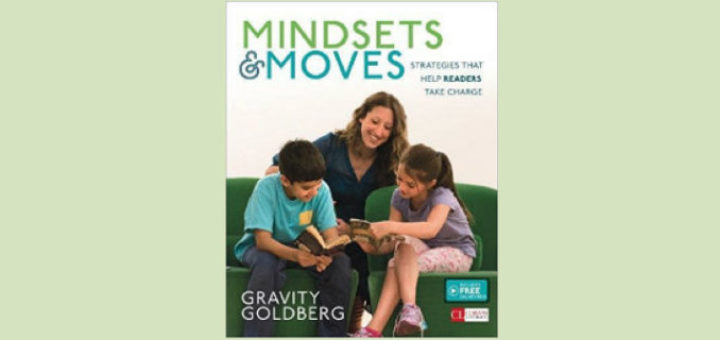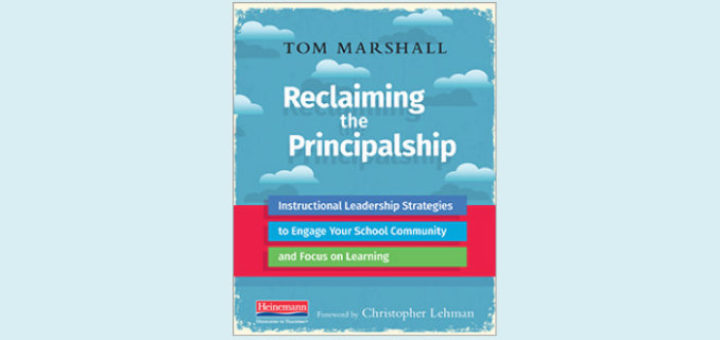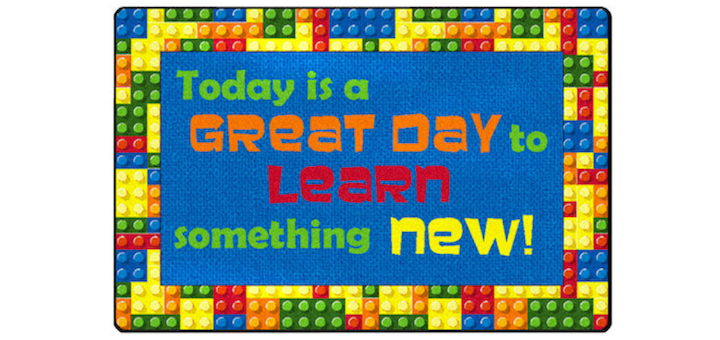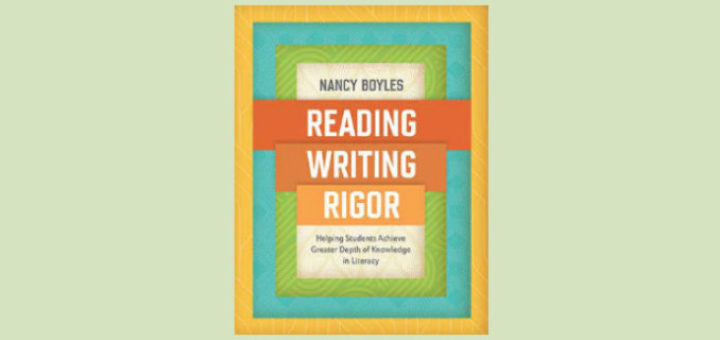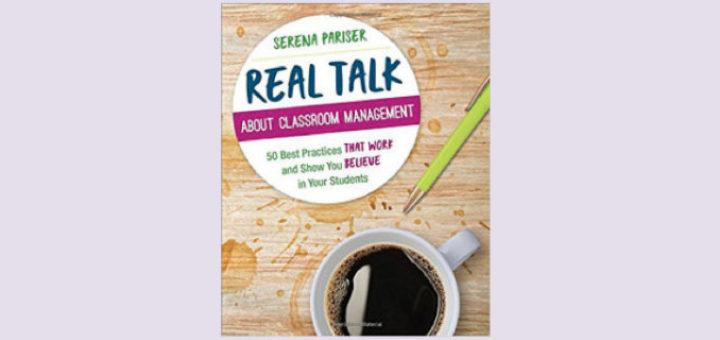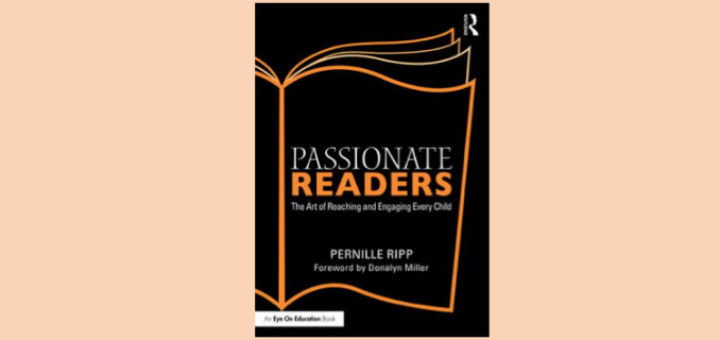How We Can Cultivate Integrity in Middle School
Adolescents need ongoing opportunities to think deeply about what honesty and integrity mean to them and to help them align their choices with their beliefs. Debbie Silver shares ways to counter cultural and classroom messages that might make kids feel it’s okay to cheat.


